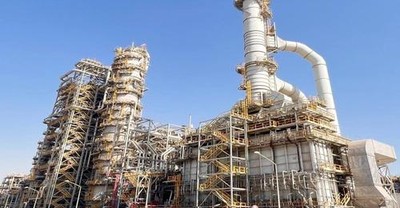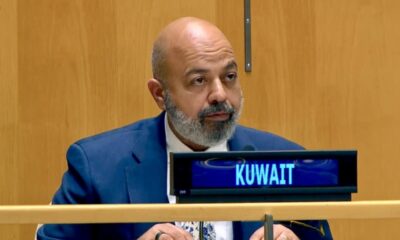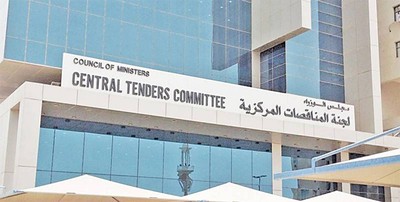Business
Finance ministry warns companies over delayed income tax payments
-

 Business22 hours ago
Business22 hours ago‘Al-Zour’ project to help achieve KPC ’40 strategy
-

 Latest News22 hours ago
Latest News22 hours agoAmbassador highlights strategic partnership between both countries
-

 Latest News21 hours ago
Latest News21 hours agoBoursa Kuwait, Markaz conclude fifth edition of UNICODE to develop talents
-

 Latest News19 hours ago
Latest News19 hours agoTraffic in Mishref: All because of Elevation Burger!
-

 Latest News20 hours ago
Latest News20 hours agoZain showcases digital transformation solutions at e-Government Forum
-

 Business23 hours ago
Business23 hours agoKuwait acts to make atmosphere conducive for foreign investment
-

 Latest News16 hours ago
Latest News16 hours agoKuwait’s warming climate reshaping youth’s daily life
-

 Latest News17 hours ago
Latest News17 hours agoItalian Design Week showcases culture, creativity at Avenues

























